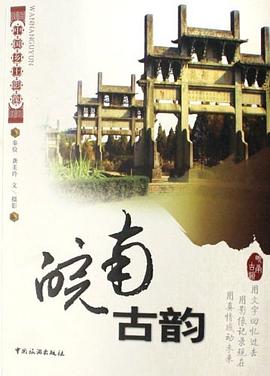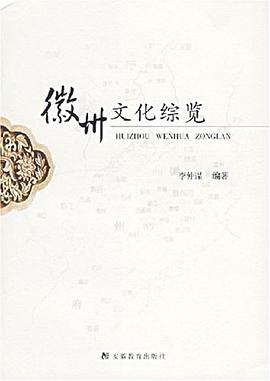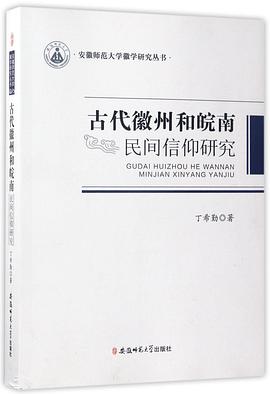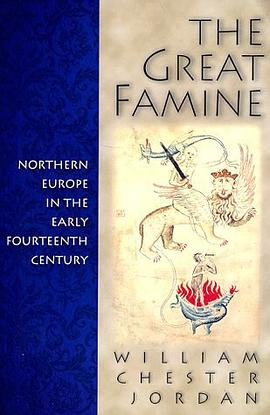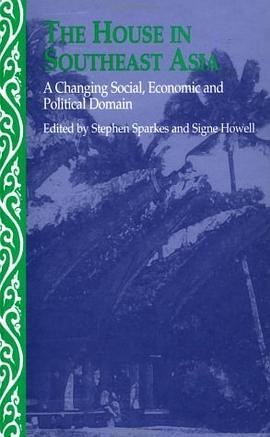

This diverse collection of articles, based on the papers presented at a conference of the same title, aims to further explore the concept of 'house' in the context of Southeast Asia. Levi-Strauss' idea of the house as a link between kinship-based societies and class societies has been developed further into an examination of a conjuncture of architecture, people and symbolism. These articles strive to test whether the house can be used as an analytical means of exploring numerous peoples in mainland and insular Southeast Asia from social, economic and political perspectives. Common themes occurring in this collection include gender concepts, commensual relations, cultural change, identity and kinship. Women often appear as central figures in the continuity of traditions, forming the fixed points in the kinship system and having ritual responsibility on behalf of the group. Further, food not only sustains the members of a household but establishes the relationship between the living and the dead. Other important threads are change and identity relating to the house. With increased urbanization, migration and the abandonment of traditional lifestyles, houses have come to represent an idealized past as well as social and psychological security in a rapidly changing world.
具体描述
读后感
评分
评分
评分
评分
用户评价
相关图书
本站所有内容均为互联网搜索引擎提供的公开搜索信息,本站不存储任何数据与内容,任何内容与数据均与本站无关,如有需要请联系相关搜索引擎包括但不限于百度,google,bing,sogou 等
© 2025 book.wenda123.org All Rights Reserved. 图书目录大全 版权所有


